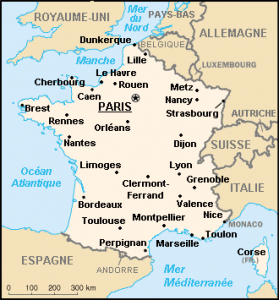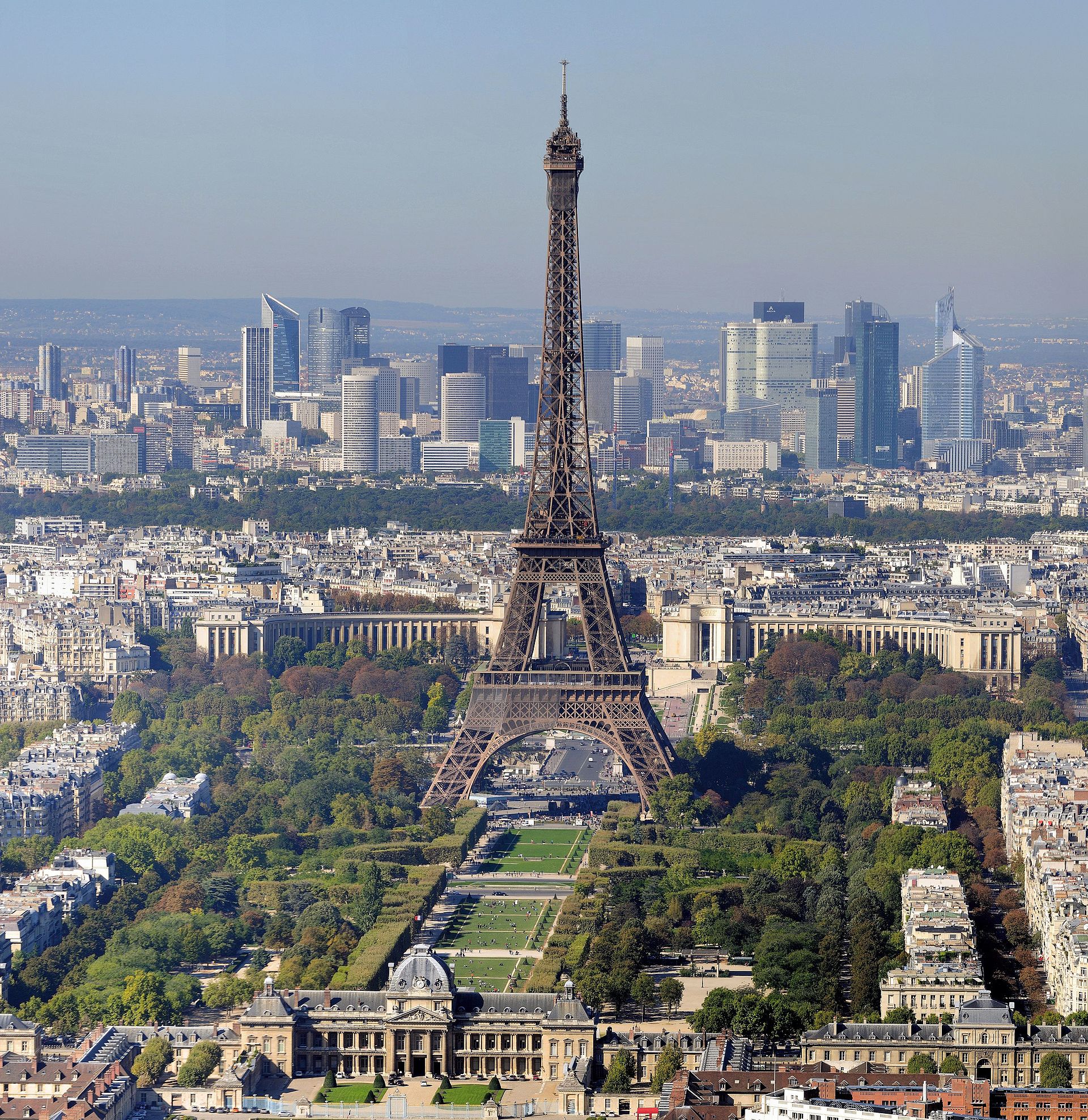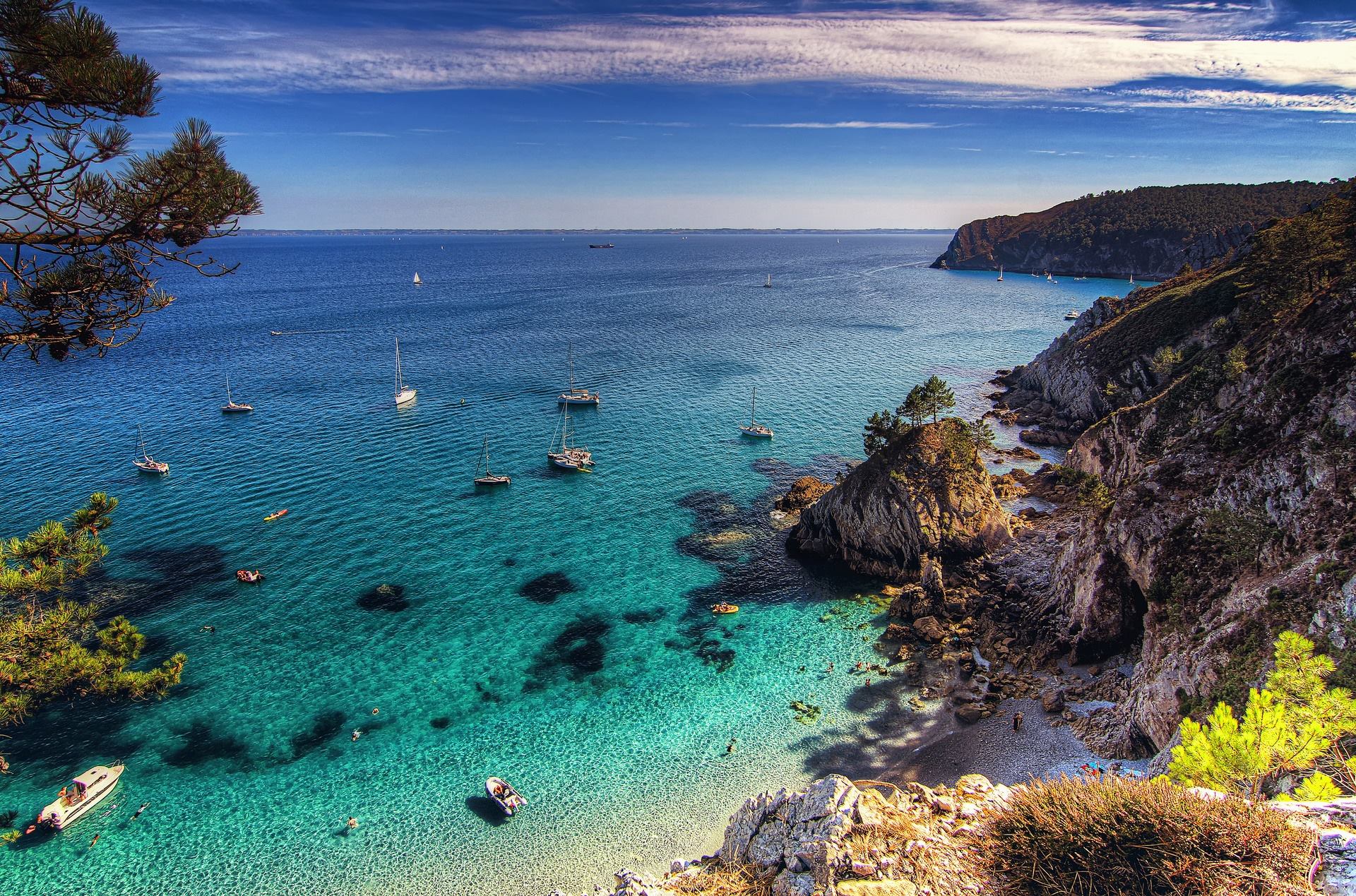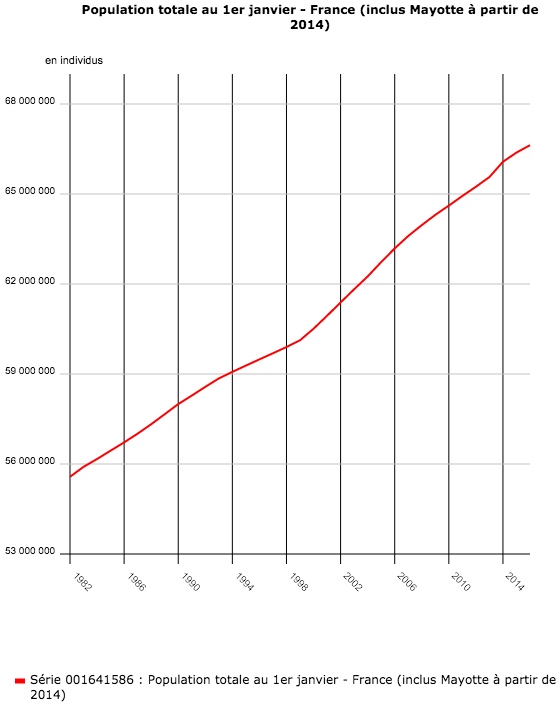France January 17, 2024 1st French Empire , Alps , Alsace , Atlantic , Atlantic Ocean , Auvergne , Avignon , Bay of Biscay , Bordeaux , Brittany , Calais , Celtic Sea , Corse , Côte d'Azur , Europe , European Union , fleuve Garonne , fleuve Loire , fleuve Rhône , fleuve Seine , France , French , French elections , French Empire , French Guiana , French language , French Overseas Region and Department , French Polynesia , French presidential elections , French Revolution , French Riviera , Garonne , gastronomy , Grenoble , Kingdom of France , Landes , Lille , Loire , Lyon , Marseille , Montpellier , mountains , Nantes , Nice , Normandie , Paris , Périgord , Provence , Pyrénées , Rennes , Rhine , Rhine River , Rhône , Rouen , Seine , soft power , Strasbourg , Toulon , Toulouse , tourism , Western Europe , wine Official name French Republic Name in local language France ; République française (fr) Continent Europe Subcontinent European Union Population (ranking: 21e ) 68,373,433 inhabitants (2024) Population growth 0.34 % / year Area 551,695 km² Density 123.93 inhabitants / km² GDP (ranking: 6e )2,779.092 billions $USD (2022) GDP/capita (ranking ) 40,886 $USD (2022) GDP growth 2.50 % / year (2022) Life expectancy (ranking ) 82.85 years (2023) Birth rate 10.90 ‰ (2021) Fertility rate 1.68 children / woman (2023) Death rate (ranking ) 9.70 ‰ (2021) Infant mortality rate (ranking ) 4.00 ‰ (2023) Literacy rate 100.00 % (2024) Official languages French Currency Euro (€ EUR) HDI (ranking: 38e )0.903 / 1 (2021) EPI (ranking )83.95 (2018) Government Unitary senatorial semi‑presidential republic Head of State President Emmanuel Macron National Day 14 July (French Revolution of 1789) ISO Codes FR, FRA Demonym French Tourists (ranking ) 79,400,000 people (2022)
France is a country in Western Europe sharing borders with Belgium and Luxembourg to the north, Germany , Switzerland , Italy and Monaco to the east, Spain and Andorra to the south. Through the Channel Tunnel, it also shares a border with the United Kingdom .
Paris, Eiffel Tower. Photo: Wladyslaw Île Vierge, Brittany, France. Source: Wildlife Archives France: evolution of the total population from 1982 to 2016. Source: Insee Urban areas (2019) Urban areas Population Paris 13,171,056 inhabitants Lyon 2,308,818 inhabitants Marseille - Aix-en-Provence 1,888,788 inhabitants Lille (French part) 1,521,660 inhabitants Toulouse 1,490,640 inhabitants Bordeaux 1,393,764 inhabitants Nantes 1,031,953 inhabitants Strasbourg (French part) 864,993 inhabitants Montpellier 823,120 inhabitants Rennes 771,320 inhabitants Grenoble 722,904 inhabitants Rouen 709,065 inhabitants Nice 626,218 inhabitants Toulon 581,948 inhabitants Tours 522,597 inhabitants Nancy 508,793 inhabitants Clermont-Ferrand 508,699 inhabitants Saint-Étienne 500,562 inhabitants Caen 480,087 inhabitants Orléans 456,452 inhabitants Angers 441,234 inhabitants Annemasse (French part of Geneva) 433,194 inhabitants Perpignan 422,786 inhabitants Dijon 414,633 inhabitants Mulhouse 408,968 inhabitants
Administrative divisions Regions and overseas territories Population Area Auvergne-Rhône-Alpes 8,092,598 inhabitants 69,711 km² Bourgogne-Franche-Comté 2,786,205 inhabitants 47,784 km² Brittany 3,371,297 inhabitants 27,208 km² Centre-Val-de-Loire 2,562,431 inhabitants 39,151 km² Corsica 349,273 inhabitants 8,680 km² French Guiana 294,071 inhabitants 83,846 km² French Polynesia 275,918 inhabitants 3,792 km² Grand Est 5,524,817 inhabitants 57,433 km² Guadeloupe 375,857 inhabitants 1,628 km² Hauts-de-France 5,977,462 inhabitants 31,813 km² Île-de-France 12,326,429 inhabitants 12,011 km² Martinique 355,094 inhabitants 1,128 km² Mayotte 288,926 inhabitants 375 km² New Caledonia 271,940 inhabitants 18,576 km² Normandy 3,306,092 inhabitants 29,906 km² Nouvelle-Aquitaine 6,039,767 inhabitants 84,061 km² Occitanie 5,985,751 inhabitants 72,724 km² Pays de la Loire 3,838,060 inhabitants 32,082 km² Provence-Alpes-Côte d'Azur 5,089,661 inhabitants 31,400 km² Réunion 858,450 inhabitants 2,512 km² Saint Barthélemy 9,793 inhabitants 21 km² Saint Martin 35,746 inhabitants 53 km² Saint Pierre and Miquelon 6,008 inhabitants 242 km² Wallis and Futuna 14,231 inhabitants 142 km²
See also 




